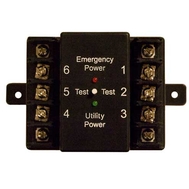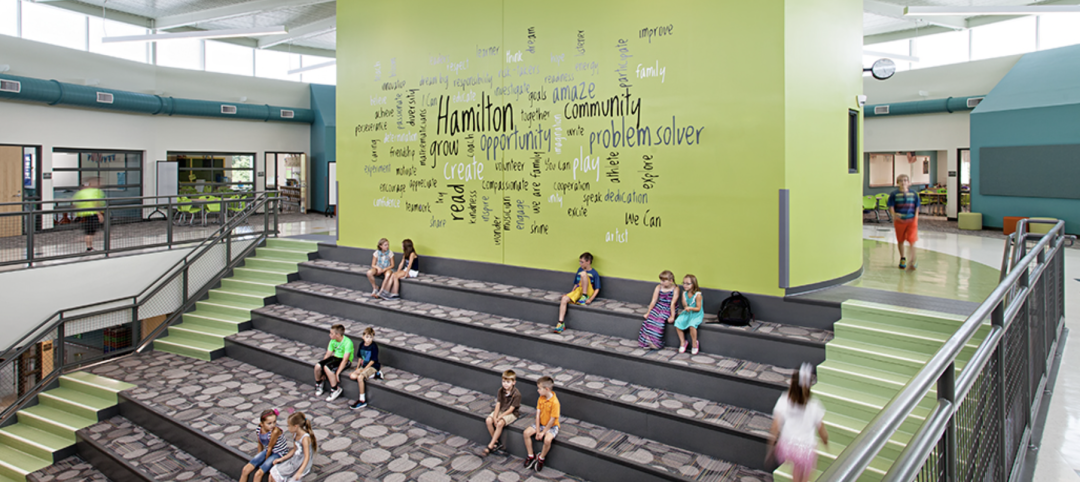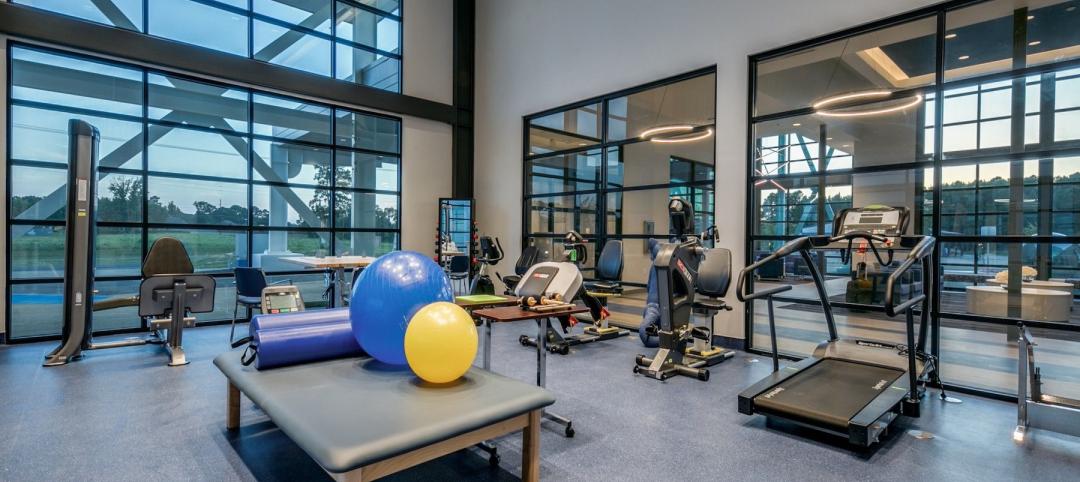Schneider Electric has announced the availability of three new emergency lighting control solutions: the UL924 Emergency Lighting Control Relay, the UL924 Emergency Lighting Control Relay with Panel Mount, and the UL924 Emergency Lighting Dimmer Control.
These emergency control devices enable building owners, managers, contractors and builders to implement the necessary emergency lighting in their facilities to meet compliance standards while saving energy, time and resources.
Schneider Electric’s new UL924 Emergency Lighting Control products offer a versatile and energy-efficient solution that enables standard, existing fixtures to also be used for emergency lighting applications, saving the costs associated with the installation of additional emergency lighting fixtures. Also, the emergency lighting control devices require fewer maintenance costs and testing requirements than backup batteries because they comply with the UL924 standard, reducing installation time. Finally, the emergency lighting control devices save both energy and money by providing emergency backup power only when needed.
The three new models are designed to meet the different needs and requirements found within many of today’s buildings:
- UL 924 Emergency Lighting Control Relay (ERC): A low-profile device that can be mounted in the ceiling, the ERC provides emergency lighting to switched loads when a power drop is detected and automatically transfers lighting back to normal utility power once restored. An automatic diagnostic feature replaces the need for an accessible test switch.
- UL924 Emergency Lighting Control Relay with Panel Mount (EPMC): Equipped with the detecting and switching features of the ERC, this relay is a universally compatible device available in both 120V and 277V models. The EPMC includes a test switch that offers the convenience of testing an emergency lighting system with a simple push of a button. The solution is also equipped with a green LED to confirm wiring connections and power availability.
- UL924 Emergency Lighting Dimmer Control (EDC): Specifically designed with dimmable lights in mind, the EDC senses a voltage drop from a regular lighting circuit and automatically turns lights on to full brightness after transferring the load to the emergency source. The product is also available in both 120V and 277V models and is equipped with a simple test switch and a green LED to confirm wiring connections and power availability.
Related Stories
Education Facilities | Nov 30, 2022
10 ways to achieve therapeutic learning environments
Today’s school should be much more than a place to learn—it should be a nurturing setting that celebrates achievements and responds to the challenges of many different users.
75 Top Building Products | Nov 30, 2022
75 top building products for 2022
Each year, the Building Design+Construction editorial team evaluates the vast universe of new and updated products, materials, and systems for the U.S. building design and construction market. The best-of-the-best products make up our annual 75 Top Products report.
K-12 Schools | Nov 30, 2022
School districts are prioritizing federal funds for air filtration, HVAC upgrades
U.S. school districts are widely planning to use funds from last year’s American Rescue Plan (ARP) to upgrade or improve air filtration and heating/cooling systems, according to a report from the Center for Green Schools at the U.S. Green Building Council. The report, “School Facilities Funding in the Pandemic,” says air filtration and HVAC upgrades are the top facility improvement choice for the 5,004 school districts included in the analysis.
Architects | Nov 29, 2022
Three decades and counting, Tinkelman Architecture has helped reshape New York’s Hudson Valley
The full-service firm has designed more than 100 projects in this region, including several multifamily buildings currently in the works
Retail Centers | Nov 29, 2022
'Social' tenants play a vital role in the health of the retail center market
After a long Covid-induced period when the public avoided large gatherings, owners of malls and retail lifestyle centers are increasingly focused on attracting tenants that provide opportunities for socialization. Pent-up demand for experiences involving gatherings of people is fueling renovations and redesigns of large retail developments.
Giants 400 | Nov 28, 2022
Top 200 Office Sector Architecture and AE Firms for 2022
Gensler, Perkins and Will, Stantec, and HOK top the ranking of the nation's largest office sector architecture and architecture/engineering (AE) firms for 2022, as reported in Building Design+Construction's 2022 Giants 400 Report.
Legislation | Nov 23, 2022
7 ways the Inflation Reduction Act will impact the building sector
HOK’s Anica Landreneau and Stephanie Miller and Smart Surfaces Coalition’s Greg Kats reveal multiple ways the IRA will benefit the built environment.
Multifamily Housing | Nov 22, 2022
10 compelling multifamily developments debut in 2022
A smart home tech-focused apartment complex in North Phoenix, Ariz., and a factory conversion to lofts in St. Louis highlight the notable multifamily developments to debut recently.
Digital Twin | Nov 21, 2022
An inside look at the airport industry's plan to develop a digital twin guidebook
Zoë Fisher, AIA explores how design strategies are changing the way we deliver and design projects in the post-pandemic world.
Healthcare Facilities | Nov 17, 2022
Repetitive, hotel-like design gives wings to rehab hospital chain’s rapid growth
The prototype design for Everest Rehabilitation Hospitals had to be universal enough so it could be replicated to accommodate Everest’s expansion strategy.

















